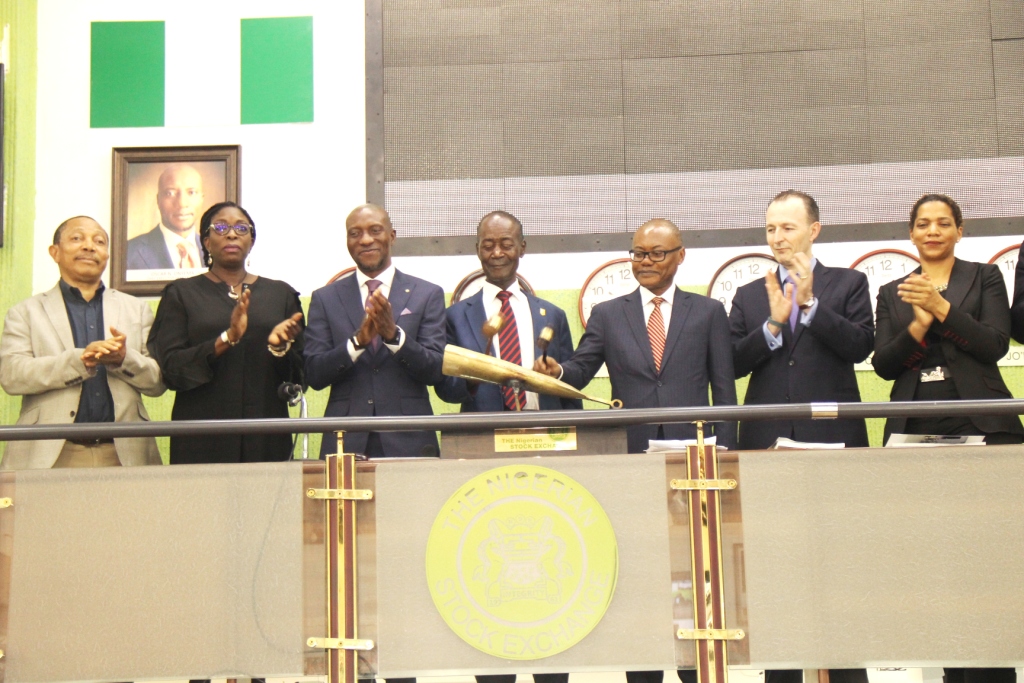Leading economist and Chief Executive Officer, Financial Derivatives Company Limited, Bismarck Rewane has assured Nigerians that the economic reforms and policies of President Bola Tinubu’s administration will start yielding results from the first quarter of 2024.
Rewane said this on Saturday, while speaking on Arise News TV programme, adding that there will be more pains this year on all the reforms.
“The bad news is that there is pain and there will be more pain in the short run but the good news is that there will be gains in the first quarter of 2024,” he said.
“I used to think that you will get that sooner, but you will need to have your supplementary budget and recycle money into the system.”
Nigerians have been faced with challenging times since the inauguration of the president, on May 29, when he announced the removal of petrol subsidy, a declaration that resulted in a hike in the pump price of petrol.
The latest of the fuel subsidy removal was on Tuesday, when the petrol price surged to N617 per litre in the federal capital territory (FCT) and environs, whilst it is sold for around N568 a litre in Lagos.
George Akume, secretary-general to the government of the federation (SGF), on Saturday, asked Nigerians to be patient while the government implements solutions to “normalise” the price of petrol.
The SGF described the petrol subsidy regime as regressive, adding that the annual payments were not sustainable and that Tinubu “had to act”.
Akume also said Tinubu’s actions of unifying the exchange rate and rejigging the country’s security architecture were proof of his commitment to securing the country’s future.
Commenting on the exchange rate, Rewane said, “What system is being used to keep your exchange rate from being misaligned fundamentally, I think that’s the key issue.
“In reality, no variable should be constant. Any economist who says a variable is in constant is practising partial equilibrium analysis and it doesn’t work,” the financial analyst added.
The Central Bank of Nigeria (CBN), on June 14, announced the unification of all segments of Nigeria’s FX market, and the floating of the local currency.
The policy was geared towards collapsing all FX windows into the investors and exporters (I&E) window.







